If you want to guarantee a success to the implementation of the Kigali Implementation Plans (KIPs), you shall start from building a strong multifaceted partnership on the national and international levels. This postulate has been proved by many years of my experience of working with the Montreal Protocol on Substances that Deplete the Ozone Layer. It is extremely important to share the same vision and mission with all the partners, and one of the key messages that has to be delivered is that we need each other to accomplish the task – the recovery of the ozone layer through the implementation of the Montreal Protocol and its Kigali Amendment. This is how the Republic of Armenia started its journey towards the development of the KIP having ratified the Kigali Amendment in 2019.
What kind of stakeholders do we require as future partners?
UNEP OzonAction is the leading implementing agency supporting Armenia on its way to developing the HFC phase-down plan through providing its expertise, hiring the team of international and national experts, and ensuring a seamless transition to this new climate and ozone-friendly world with minimal disruptions.
The start on the local level has been given from identifying the right stakeholders, and to this end the invitations to various government bodies and other institutions were sent out inviting them to attend the launching event which took place on 22 February 2022. Representatives of the Ministry of Environment, Ministry of Foreign Affairs, Ministry of Territorial Administration and Infrastructure, Ministry of Economy, State Revenue Committee, Police, Yerevan Municipality, and Refrigeration Association of Armenia attended the meeting where an agreement was reached to ensure cooperation with the representatives of the departments in order to properly fulfill the commitments undertaken by the country. It was decided to apply various data collection techniques including official and non-official correspondence, extended and non-extended working meeting-discussions between the partners upon need.
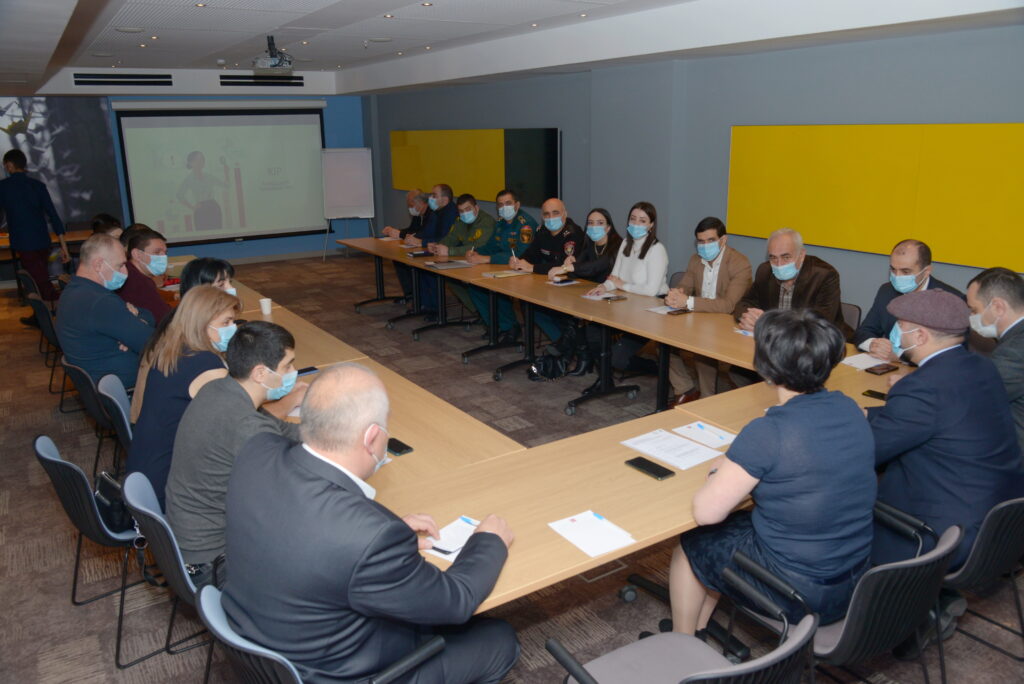
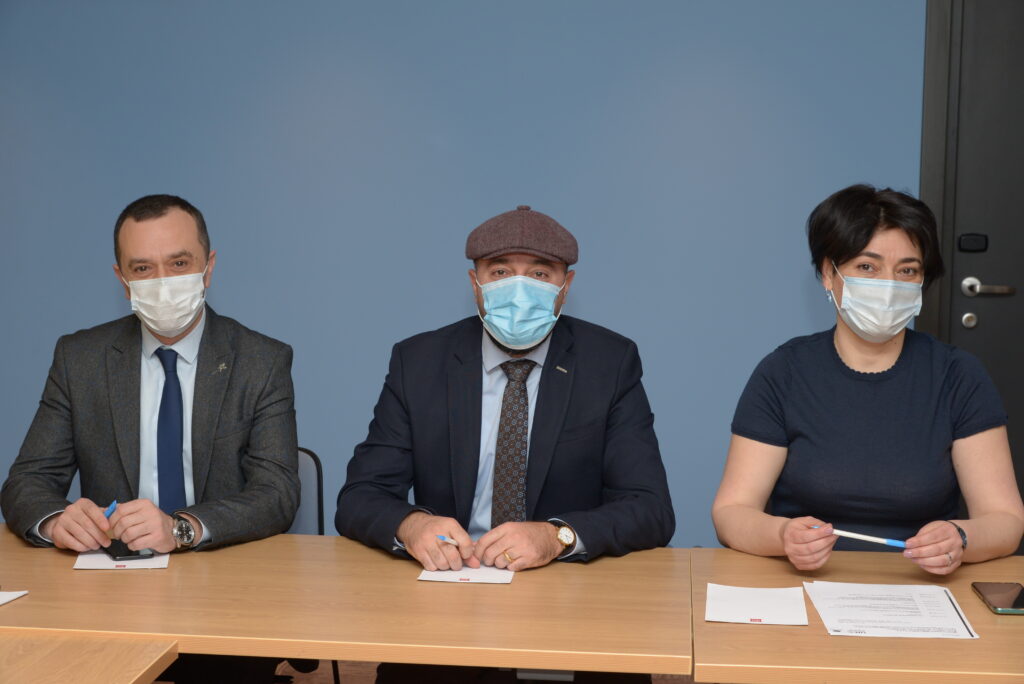
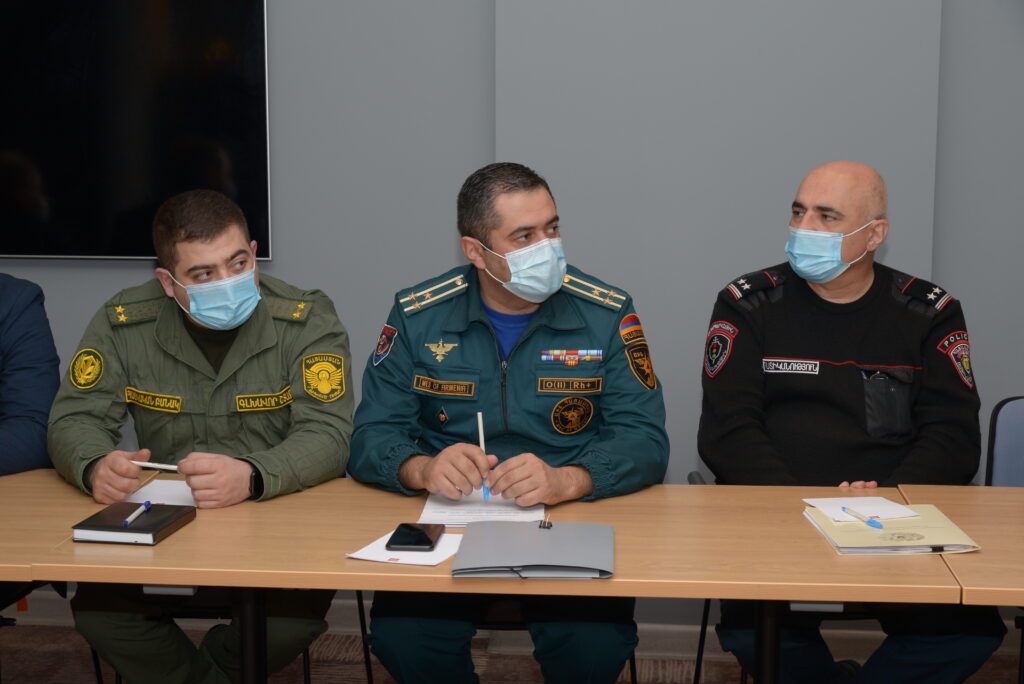
How and in what ways are we going to accomplish our task?
Intragovernmental support
The National Ozone Unit of the Ministry of Environment, with the support of the Deputy Prime Minister’s Office, launched a series of activities on March 17, 2022, in Hrazdan, Kotayk province, aimed at data collection on HFCs and HFC-based equipment. The process was launched to meet the commitments undertaken by Armenia, particularly the establishment of the baseline of hydrofluorocarbons consumption based on the assessment of Armenia’s economic needs in this area. The events were held in 10 regions of Armenia and in Yerevan throughout the next 3 months, with the participation of representatives of relevant subdivisions of municipalities, responsible environmental representatives, representatives of communities, NOU experts, and RAC specialists. The expert group, accompanied by HVAC&R specialists-members of RAC Association, visited cold-storage facilities, and companies with refrigeration installations and air conditioning systems.


International support
2019 marked the inauguration of Regional Center for Continuing Education and Certification officially opened at Anania Shirakatsi Lyceum in Yerevan for training and certification of engineering and technical staff in refrigeration and air conditioning. The establishment of the center, supported by UNIDO, marked a new era in upbringing the qualification of RAC technicians and engineers to a new level. The center has been equipped with unique training simulators and accredited under the Real Alternatives for Life initiative having trained 46 specialists as of 2022. Mandatory certification of RAC specialists has been planned under the Kigali Implementation Plan, as a legal measure undertaken for professional advantage. Phasing down HFCs under the KIPs will lead to increased adoption of alternative refrigerants many of which hold toxic and flammable properties or operate at high pressures. Specialist may not be familiar with these hence the installation, servicing, repair and dismantling of RAC equipment operating with such refrigerants require training and certification.

Youth as a driving force for partnership
The National Ozone Unit marked the UN International Youth Day on 12 August by organizing the round table discussion “Montreal Protocol in the Context of the UN Sustainable Development Agenda 2030” at the UN House in Armenia for students of the faculty “Refrigeration Economy” of three regional colleges. Young people as well-educated future professionals in the refrigeration and air-conditioning sector becoming a part of the professional community will be contributing to meeting the commitments undertaken by the Republic of Armenia to phase-down HFCs under the Kigali Amendment. Developing countries are currently facing the issue of developing KIPs to get the amounts of HFCs reduced in the upcoming future and young people’s participation in these processes can become a guarantee for avoiding the need of having “KIPs” in future.
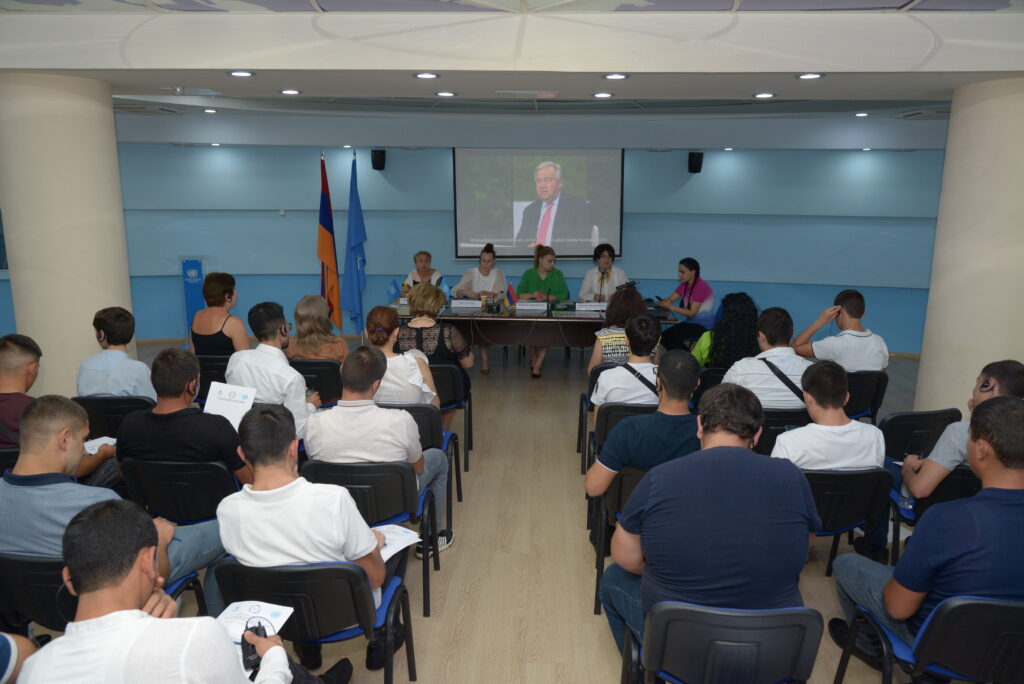
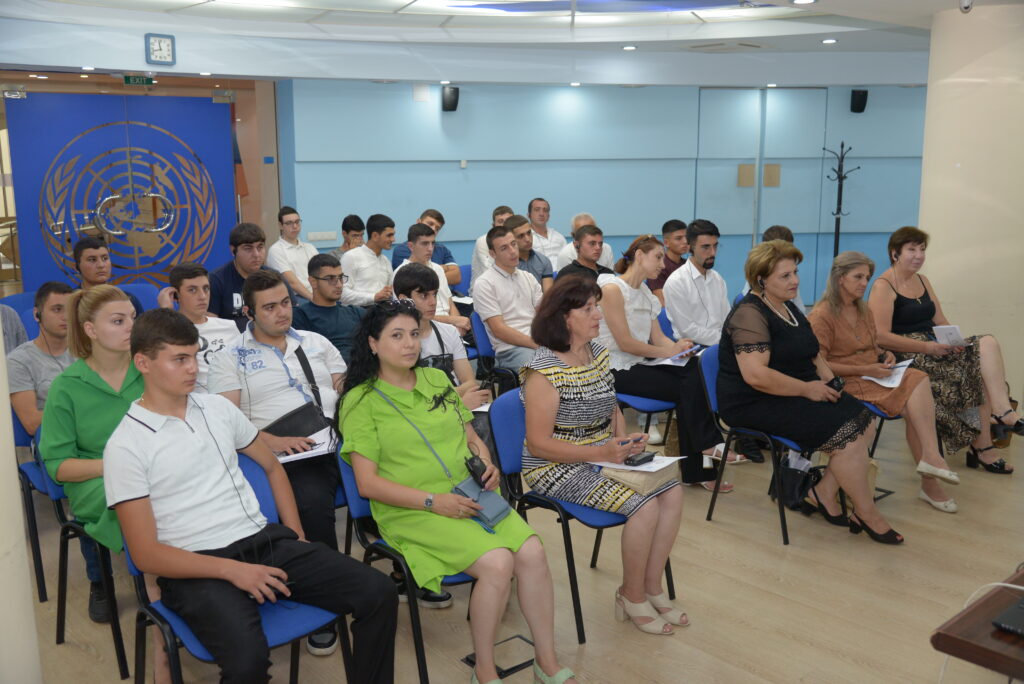
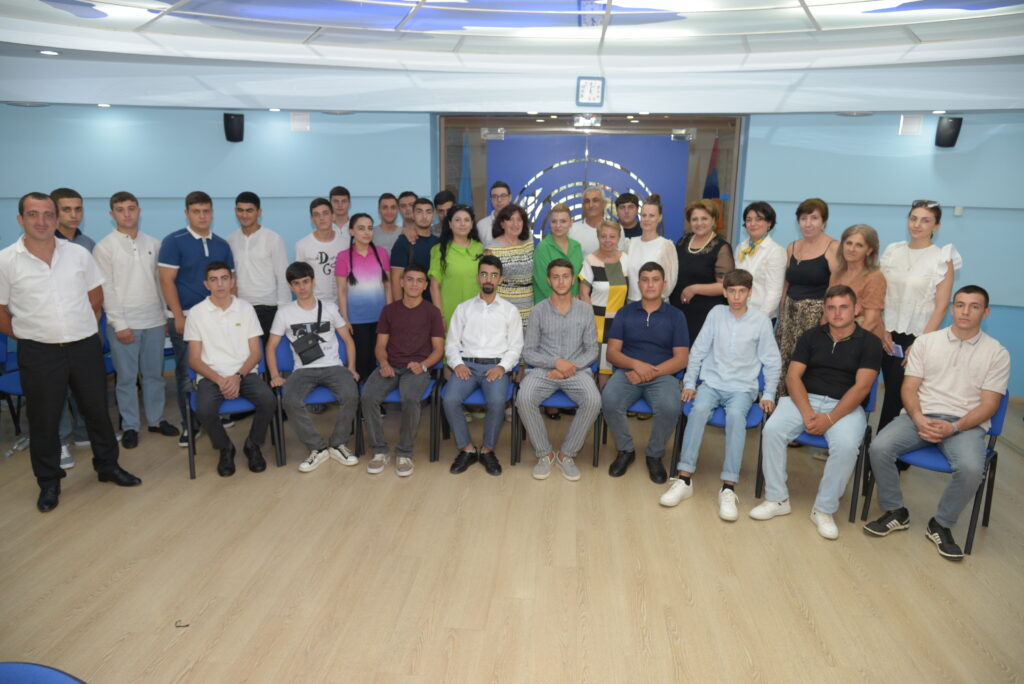
Additional video resources:
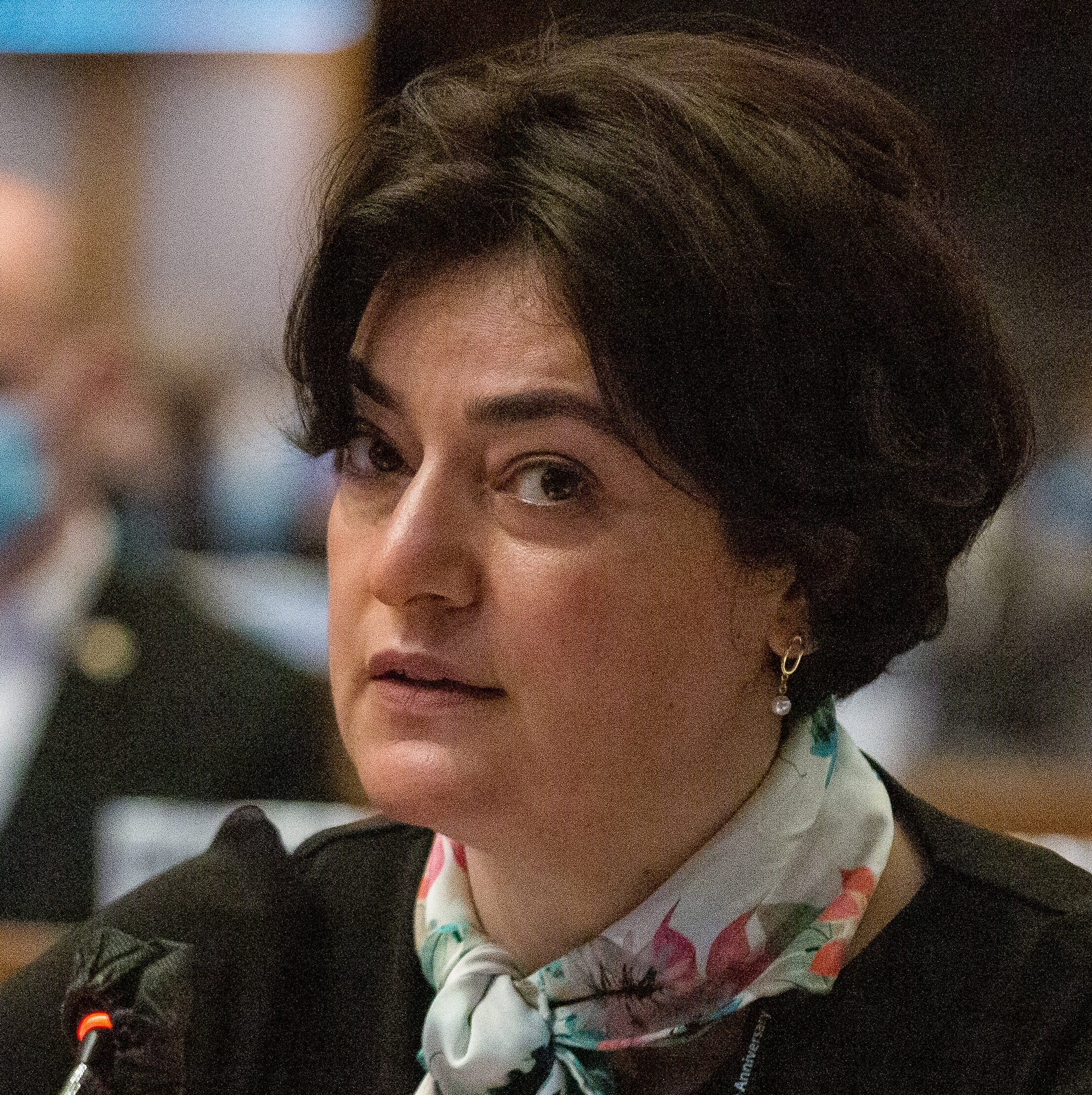
Liana Ghahramanyan
